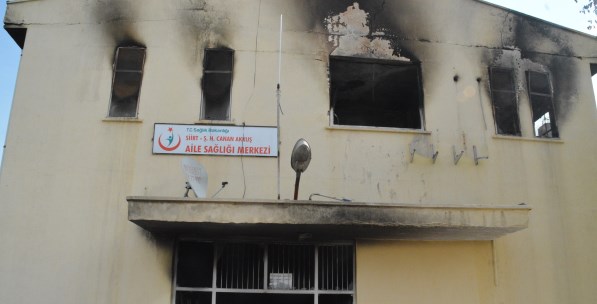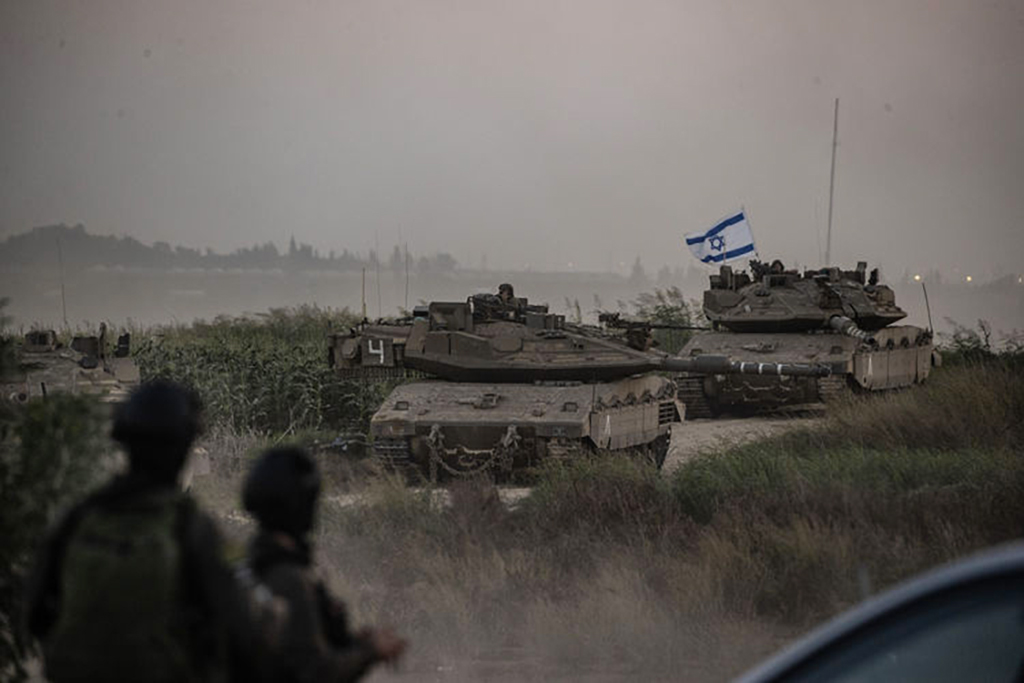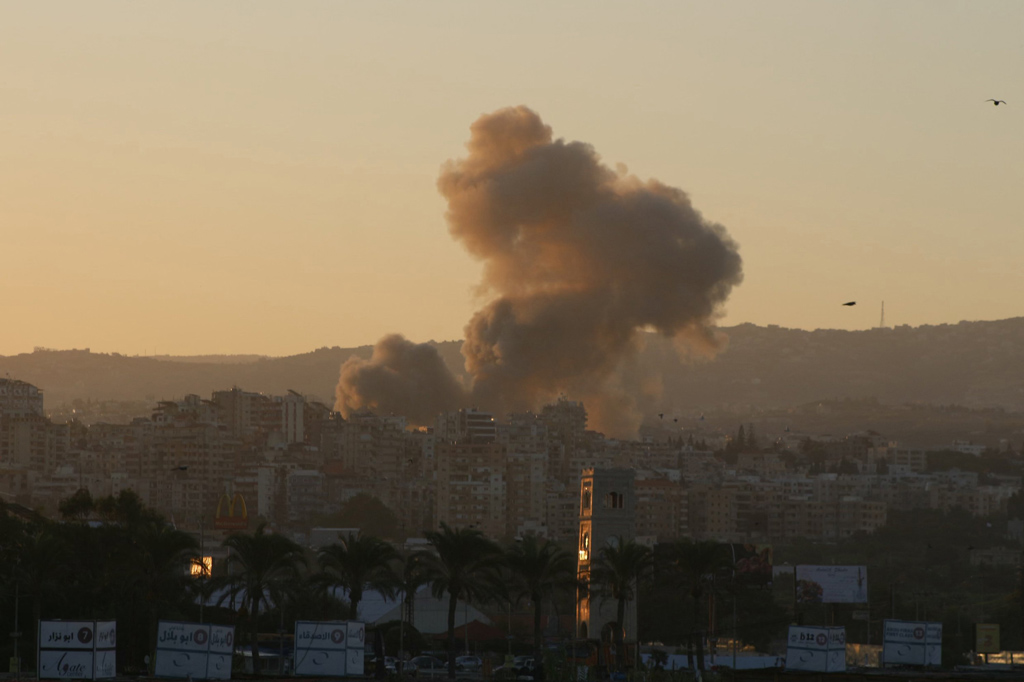Following the unexpected explosion of mass violence and vandalism which erupted as a result of the Oct. 6-7 events as well as the resumption of armed attacks against security forces after a long interlude, Turkey's reconciliation process is going through a critical juncture. Misconstruing the predicament in Kobani and trying to internationalize the issue with intensive disinformation, radical elements on the Kurdish side did their utmost to derail the reconciliation process and prompt radical public security responses from the government. These acrobatics, completed with the irresponsible attitude of the People's Democratic Party (HDP), calling masses to the streets, cost the lives of 40 innocent individuals. Thankfully, the Davutoğlu government acted with maximum restraint being aware that the reconciliation process represents one of the most historical and strategic processes aimed at social peace and stability. They maintained a strong will to ensure public security by taking necessary measures against perpetrators of the violence while carefully preserving the language of peace and reconciliation which is vital for the consolidation of socio-cultural integration and equal constitutional citizenship in the country.
The reconciliation process has been one of the vital components of Turkey's economic ascendancy in the last decade through its major support mechanism for politico-economic stability and improved relations with neighboring countries in the Middle East. The atmosphere of domestic peace and optimism increased both public and private investments into the eastern and southeastern regions of the country, while the intensification of border trade created additional welfare benefits for the population contributing to improved security conditions. As a result of the strategic alliance with the Kurdish Regional Government (KRG) on energy and infrastructure development, Iraq emerged as one of the leading partners in Turkey's foreign trade, along with Syria, up until the explosion of the Arab Spring and the Syrian civil war. Ensuing civil strife in Iraq and Syria as well as the mushrooming of rogue actors such as the Islamic State of Iraq and al-Sham (ISIS) interrupted Turkey's "game plan" by disturbing the foundation of a regional sub-system based on political and economic integration. But we believe that this is a superficial and temporary interruption triggered by great power meddling.
The sustainability of the reconciliation process is not only important in terms of democratic consolidation but also for the successful completion of the structural transformation in Turkey's economic framework. Being impacted by negative global liquidity conditions, Turkey's economic growth rate is likely to hover around 3.5-4 percent in the coming years with radical structural steps needed to stimulate the real economy and improve the regional distribution of investments to spur growth. Similar to China's attempts in the immediate aftermath of the global economic crisis to spur economic growth with novel infrastructure investments and social policy improvements, economic policy makers in Turkey should focus on commercially productive infrastructure investments and new investment subsidies that could integrate the eastern and southeastern parts of the country more thoroughly with the rest of the national economy. The construction of new speed and freight train lines, motorways, organized industrial zones, hydroelectric and thermal power plants, oil and natural gas pipelines and the launch of sector-specific incentives in organic farming, cattle breeding and labor intensive manufacturing production might do the trick in instigating a regional socio-economic revitalization. Obviously, these should be supported by a simultaneous rise in more entrepreneurial interest by the "captains of Turkey's industry" in relevant geographies. But for all that to happen the maintenance of the reconciliation process is absolutely vital and all conscientious followers of the process shall encourage both the government and the Kurdish








